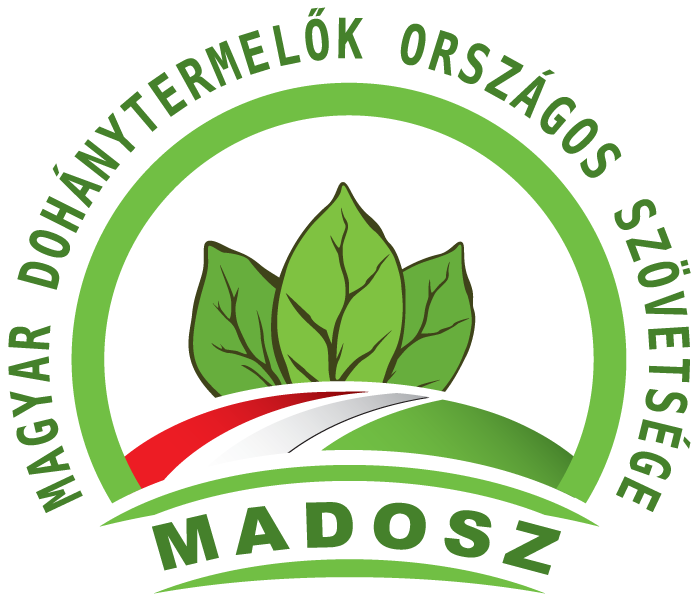Ms Mariann FISCHER BOEL
2008. febr. 12. 9:21:03Ms Mariann FISCHER BOEL
Commissioner for Agriculture and Rural
Development
European Commission
Rue de la Loi 200
B-1049 Bruxelles
Belgique
Paris, 4th February 2008
Dear Madam,
As you know, the year 2008 will be the third year of the application of the reform of the tobacco CMO which was voted by the Council in April 2004.
On behalf of the 100,000 European tobacco growers, their 400,000 seasonal employees, the 30,000 workers in the initial processing sector, and the thousands of workers whose livelihood depends indirectly on us, we would like to draw your attention to the extremely worrying social situation in which several tobacco growing regions in the European Union now find themselves.
As a result of decoupling:
- European production has dropped by 100,000 tones (30% of the surface area) including for those varieties that are the most sought after on the market
- with no viable economic and agronomic alternative available, those farms that give up tobacco growing (29,000 farmers in Greece) have been left by the wayside
- the seasonal workers on these farms, and the employees in the initial processing sector (20 factories in Greece) have lost their jobs, whilst awaiting the hypothetical support of the public authorities within the context of the second pillar
- as for those tobacco growers that remain in the sector, they manage their day to day activity with no real prospects as they do not know what will happen after 2010
Consequently, that which started out as an agricultural issue has today become an economic, social and territorial issue. Support from the authorities is currently non-existent for the whole of the industry. None of the numerous re-conversion studies sponsored or supported by the European Commission has led to any serious alternatives that provide equal revenue and employment opportunities. As far as the consumption of tobacco is concerned, no tangible impact has been noticed, simply an increase in tobacco imports from outside the European Union, which benefits tobacco cultivated in less well controlled conditions.
Given these initial results, and the fact almost all tobacco growing countries have asked that the tobacco dossier be reopened in a common letter, UNITAB, FETRATAB and EFFAT ask that a social and economic impact study of the reform be carried out as laid down in Regulation (EC) n°864/2004, as soon as possible, i.e. during the current discussions regarding the CAP Health Check without waiting for the expiry date of end 2009. By this date, we will be witnessing the death throes of the tobacco industry – the result of the reduction by 50% of subsidies –and it will be too late to react.
Following your meeting with Mr. Herman Pfanger (President of German Union of tobacco growers) in Berlin the 18th of January, we would welcome the opportunity to discuss our arguments and proposals with you and we would like to propose a meeting at your convenience.
We hope you will take our request and the spirit of dialogue which inspires it into consideration.
Yours sincerely,































